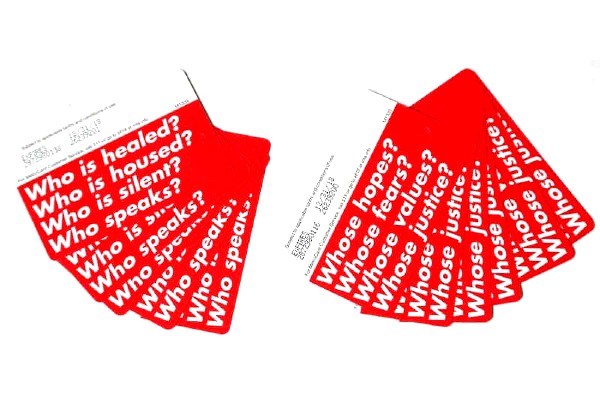 A new Center for an Urban Future report urges the mayor and City Council to provide a free MetroCard and fully subsidized textbooks for all CUNY community college students.
A new Center for an Urban Future report urges the mayor and City Council to provide a free MetroCard and fully subsidized textbooks for all CUNY community college students.
CUNY’s community colleges will almost certainly be critical to creating a more equitable economy in New York City.
But right now, too many students who enroll in these schools never get the full benefit of CUNY’s well-documented ability to lift low-income students into the middle class.
Our report, published yesterday, finds that several thousand community college students in New York City drop out of school every year and one of the leading causes is their inability to afford a MetroCard, textbooks, Internet service, and other expenses beyond the cost of tuition.
The report, which was made possible thanks to a grant from Deutsche Bank Americas Foundation, finds that while restoring free tuition would help numerous students in New York, a majority of those attending CUNY community colleges already effectively pay no tuition—thanks to federal and state financial aid programs.
According to the report, 58 percent of all full-time CUNY students attend tuition-free, and the average full time community college student in the city receives enough aid to cover the full cost of tuition.
According to the report, 58 percent of all full-time CUNY students attend tuition-free, and the average full time community college student in the city receives enough aid to cover the full cost of tuition.
But most students do not get aid to cover the mountain of non-tuition costs, which add up to several thousand dollars a year.
Our research shows that these and other non-tuition costs are especially debilitating for CUNY’s mostly low-income community college students, 71 percent of whom live in households earning less than $30,000 a year.
Our research shows that these and other non-tuition costs are especially debilitating for CUNY’s mostly low-income community college students, 71 percent of whom live in households earning less than $30,000 a year.
The lack of public aid for non-tuition expenses also pushes an alarming number of community college students in New York to work more than 20 hours a week, which itself contributes significantly to the high dropout rate.
Overall, more than 52 percent of full-time CUNY community college students work while attending school, with 56 percent of them working more than 20 hours per week.
Overall, more than 52 percent of full-time CUNY community college students work while attending school, with 56 percent of them working more than 20 hours per week.
By comparison, the average Harvard senior with a job work just 8 hours per week. This high workload often impacts academic performance which, in turn, causes students to lose the government-backed tuition assistance that is predicated on maintaining a 2.0-grade point average.
To create a more equitable economy in New York—and help significantly more community college students remain on track to a college credential, a good job, and a better life—the report recommends that city officials provide a free MetroCard to all community college students and eliminate the cost of textbooks.
There are other things CUNY can do to bolster student success, but the mayor and City Council should tackle these affordability challenges that derail far too many low-income students on their path to the middle class.
Check out the full report, titled Opportunity Costs.
Also check out CUF’s 65-second video about the report, our first-ever report video.
And click here to read yesterday’s article in The City, “CUNY Community College Students Need Help Covering Big Costs to Get Back to Class, Study Says.”
The Center for an Urban Future (CUF) is a leading think tank focused on building a more inclusive economy in New York and expanding economic opportunities for all New Yorkers.
This report was funded by Deutsche Bank Americas Foundation. CUF receives general operating support from The Clark Foundation, the Bernard F. and Alva B. Gimbel Foundation, and the Altman Foundation.
We are also grateful for support from Fisher Brothers Foundation for the Center for an Urban Future’s Middle-Class Jobs Project, and ongoing support from a number of other philanthropic funders.
Become a Harlem Insider!
By submitting this form, you are consenting to receive marketing emails from: . You can revoke your consent to receive emails at any time by using the SafeUnsubscribe® link, found at the bottom of every email. Emails are serviced by Constant Contact








